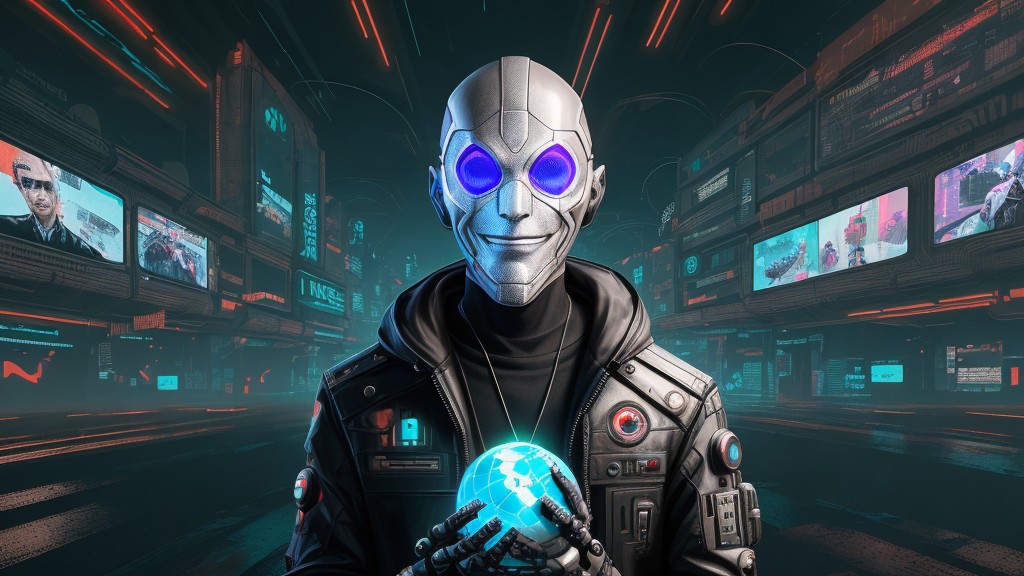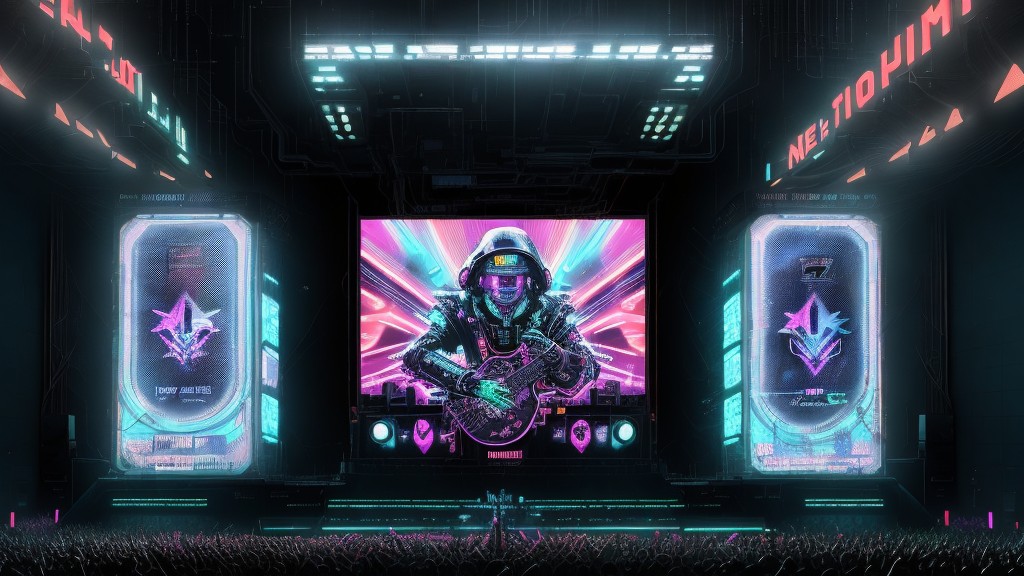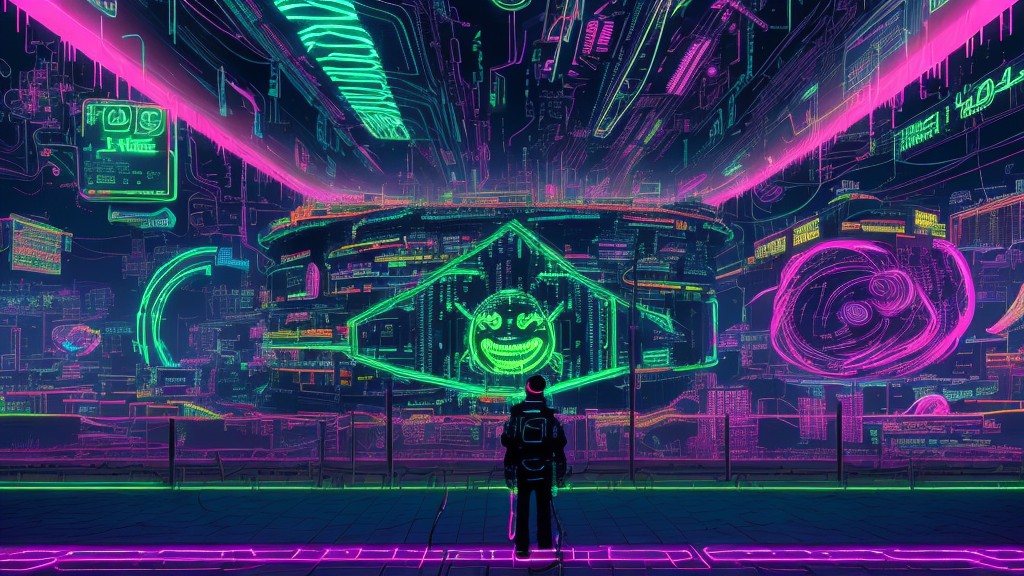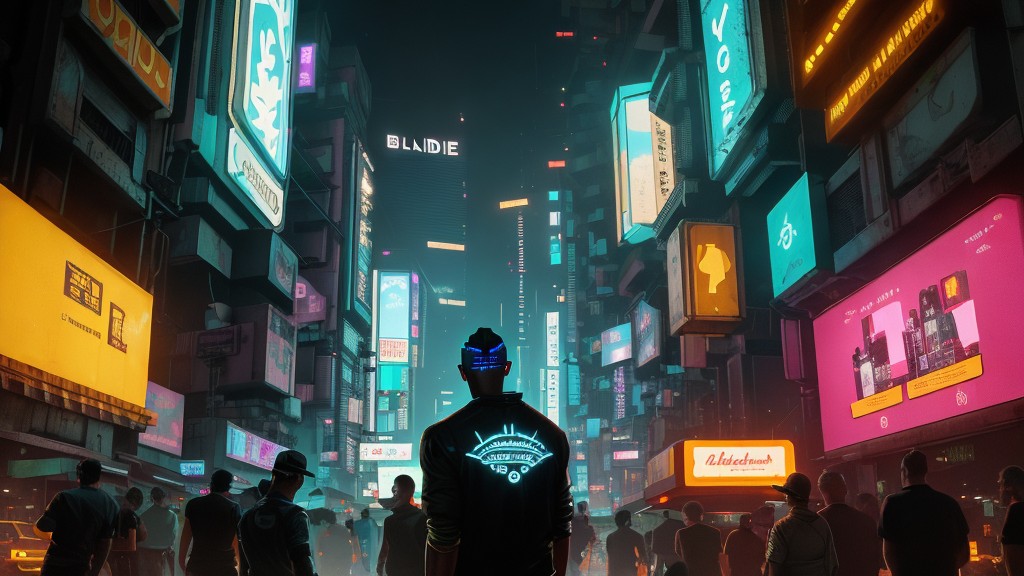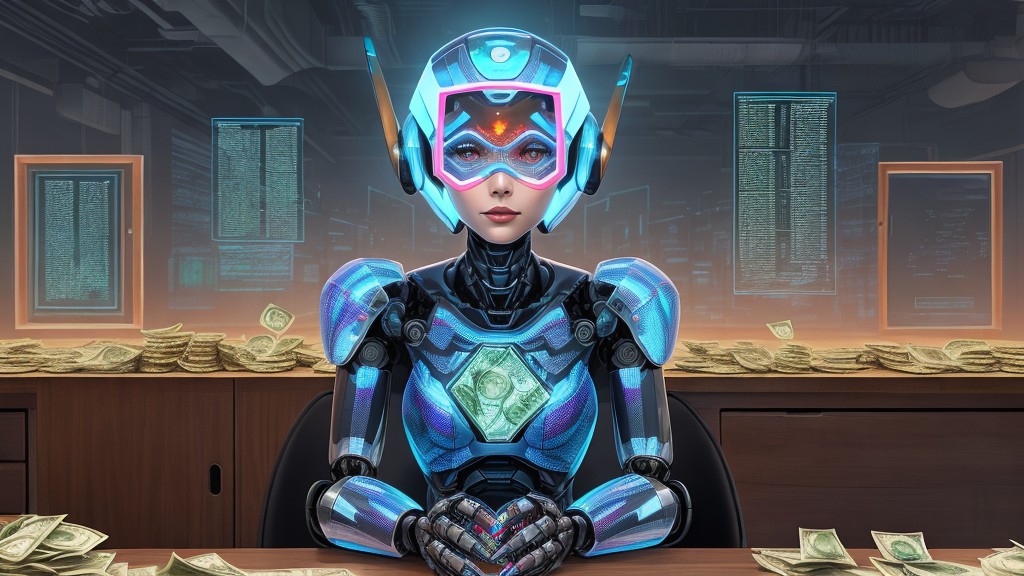
Fintech meets AI: A New Era of Personalized Banking

Fintech meets AI: A New Era of Personalized Banking
In the dynamic realm of fintech, the ability to stay ahead of the curve often defines success. And with its recent unveiling of ‘Jas’, Bud is making a strong statement about the future of banking.
Here’s a closer look at the implications and promises of this latest innovation:
- Enhanced User Experience: Traditional customer service can be limited by human capacity, but AI chatbots like Jas have the potential to scale efficiently, addressing a myriad of queries simultaneously. By integrating AI with customer service, Bud is ensuring instant responses and reduced waiting times.
- Deep Personalization: The concept of ‘hyper-personalization’ is a step beyond the generic, one-size-fits-all answers. By analyzing transaction data, Jas promises tailor-made solutions and insights, making banking a deeply personal experience.
- Informed Financial Decisions: With access to a tool that understands your spending habits, financial goals, and current monetary situation, consumers can make more informed decisions. Jas isn’t just a chatbot; it’s akin to a financial advisor in your pocket.
- Security Implications: While the potential benefits are immense, there might be concerns about data privacy, given that the AI accesses transaction histories. Bud, and other fintech companies venturing into AI, will need to prioritize security and ensure that users’ data remains uncompromised.
- Redefining Trust in Banking: Trusting an AI with personal finances might be a significant leap for many. The challenge for Bud will be to build and maintain this trust, ensuring that users feel their finances are in safe, capable hands.
Bottom Line:
As the borders between AI and various industries blur, integrations like Bud’s ‘Jas’ signal a future where technology will play a pivotal role in enhancing user experience, convenience, and efficiency.
However, the ultimate question remains: Are we, as consumers, ready to trust an AI with our hard-earned money and financial future? And as we ponder this, it’s essential to remember that it’s not just about the tech’s capability but also about the transparency, ethics, and responsibility with which it’s implemented.
So, to the financial gurus, tech enthusiasts, and everyday banking users out there, would you be comfortable with ‘Jas’ overseeing your finances? Could this be the future of personal finance, or are there hesitations you’d like addressed first? Share your thoughts and let’s dissect the future of fintech together!


